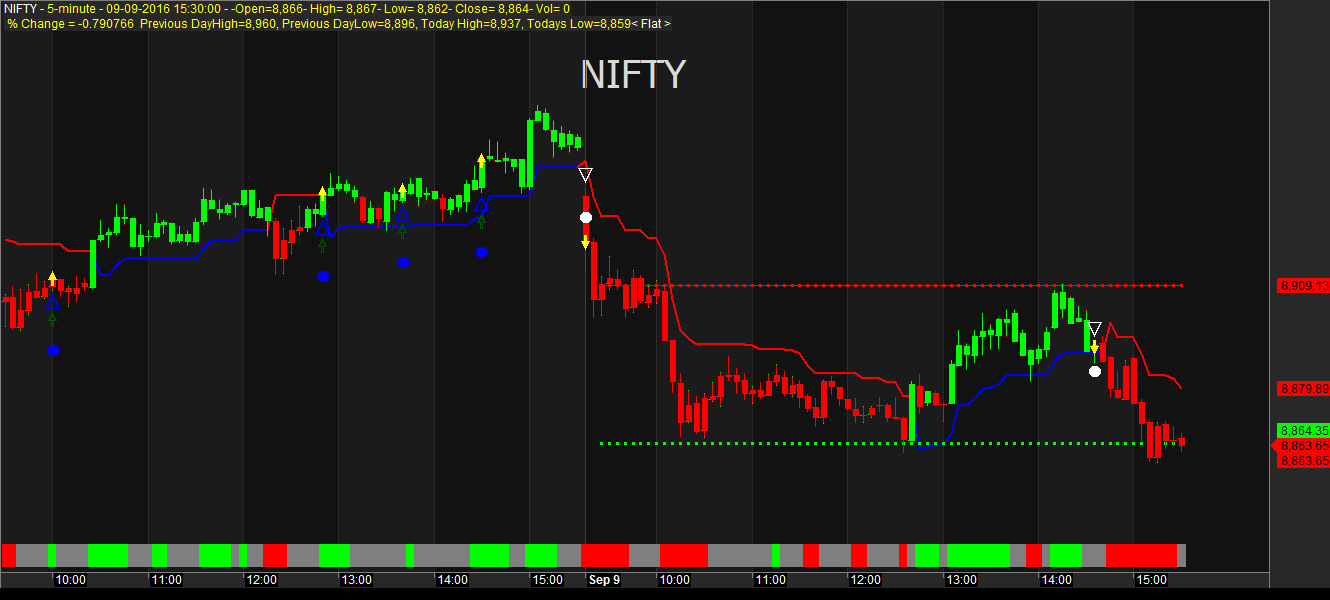

While few question the strategic sense of Johns’ plans for the fertiliser business, her timing is poor, given fertiliser prices are in the dumps. With fertilisers gone, Incitec’s explosives business, called Dyno Nobel, will become the group’s focus, and better take up the fight to great rival and fellow ASX member Orica. It was there that she worked her way up to become an oil refinery manager, rose to run its $12 billion natural gas liquids business, and eventually took on perhaps the biggest challenge of her career: rebuilding BP’s safety processes after one of the world’s biggest industrial accidents, the Deepwater Horizon oil spill in the Gulf of Mexico in 2010.

The veteran executive, who was born and raised in Cleveland, Ohio, has been hardened by a 30-year career in the notoriously tough oil industry at global giant BP. The first is her personality, a mix of serenity and steel. Texas, in 2017 to take up the CEO role at Incitec, panicking. There are two reasons you won’t find Johns, who moved from Houston, And we've had a disproportionate number of things happen to us.” “I think everybody will be glad to see FY20 roll around,” she says. David RoweĪbout $260 million has been wiped off earnings by a string of problems, including a one-in-100-year storm in Queensland, a once-in-a-decade issue at a key manufacturing plant, the drought ravaging eastern Australia and unusually wet weather in the United States.

Johns concedes that driving change inside Incitec hasn’t been simple. We’re sitting in her light-filled office in Incitec Pivot’s Melbourne headquarters, just a week after the $5.6 billion explosives and fertiliser giant told investors it would report earnings before interest and tax (EBIT) of between $285 million and $295 million for the 12 months ended September 30, down from $557 million in 2018. For a chief executive who has just delivered her sixth earnings downgrade for the financial year, Jeanne Johns is looking remarkably calm.


 0 kommentar(er)
0 kommentar(er)
